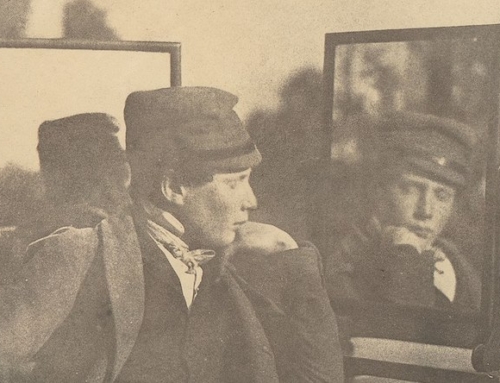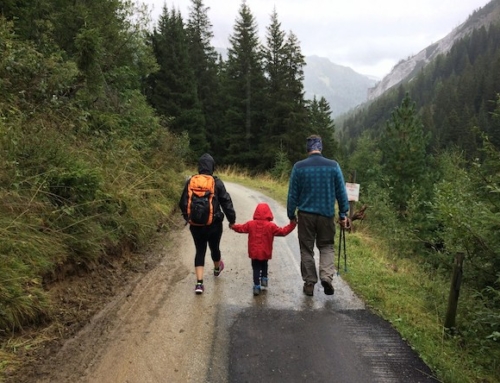The prophet Jonah was a reluctant hero. Not only did he try to run from his mission and surrender Nineveh to destruction, he only gave them a simple sentence to warn them: “Forty days, and Nineveh shall be overthrown” (Jonah 3:4). Compare this to the 25,608 words in the Book of Isaiah or the 33,002 words in the Book of Jeremiah, both of which are mostly the words of the prophets.
What was Jonah’s problem? Why was he so reluctant to fulfill his prophetic mission, and even then only to do the minimum?
Let’s put this in perspective: Nineveh was the capital of the Assyrian Empire, a nation at constant odds with Israel and Judah. Jonah does not want to complete his mission because he hates the Ninevites, just as any other Israelite would have. They were not the Chosen People, God’s own possession whom he brought out of Egypt and formed into a holy nation. To add insult to injury, Assyria will later bring the Kingdom of Israel to an end and wage war up to the very gates of Jerusalem. How could God want them to be saved?
And yet, God sends his prophet to Nineveh. The people repent and Jonah is livid. He complains before God: “This is why I fled at first to Tarshish. I knew that you are a gracious and merciful God, slow to anger, rich in clemency, loath to punish.” His hatred for the Ninevites is so great that he even throws God’s goodness and mercy against him as an insult, the same mercy shown time and time again to Israel. Thus, the story of Jonah ends as he complains and begs for death in his misery.
Jonah did not rush to his mission, but God used even his half-hearted effort to show his mercy and goodness to Nineveh. And now look at Jesus, who perfectly fulfills the divine will to the point of dying on the cross for sinners. Jonah ran away from his mission, but Jesus ran to his mission and embraced his cross. Jesus is the antidote to the reluctance of Jonah.
The Christian life demands heroic action from us. God desires the salvation of even the coworker who doesn’t stop complaining in the breakroom, the roommate who can’t seem to eat chips quietly, and the driver who parked his car in two parking spots. We should not run away from the cross, even if it means being charitable to those whom we dislike or sharing the Gospel with those people who get under our skin. In this way, we can be heroes.
✠
Photo by T.K. Hammonds on Unsplash







